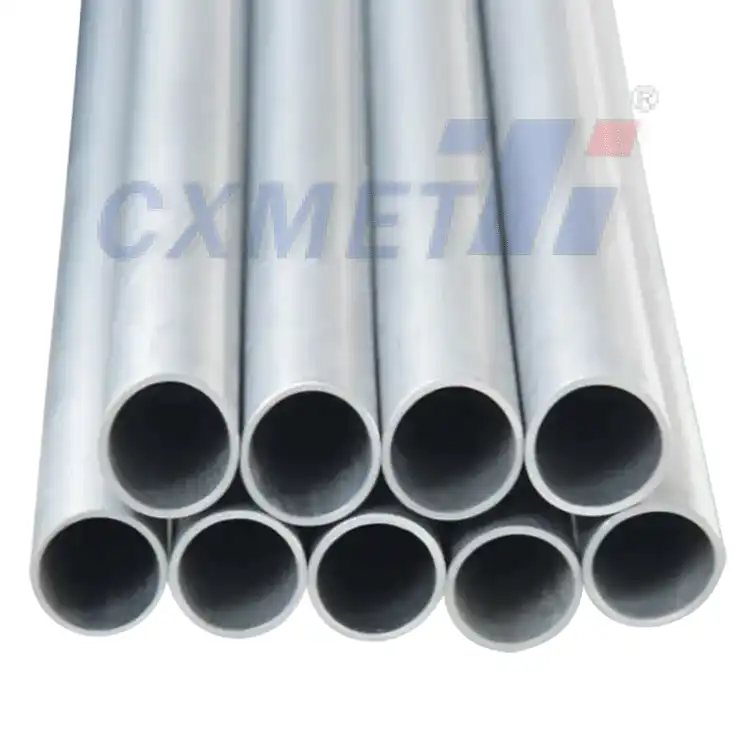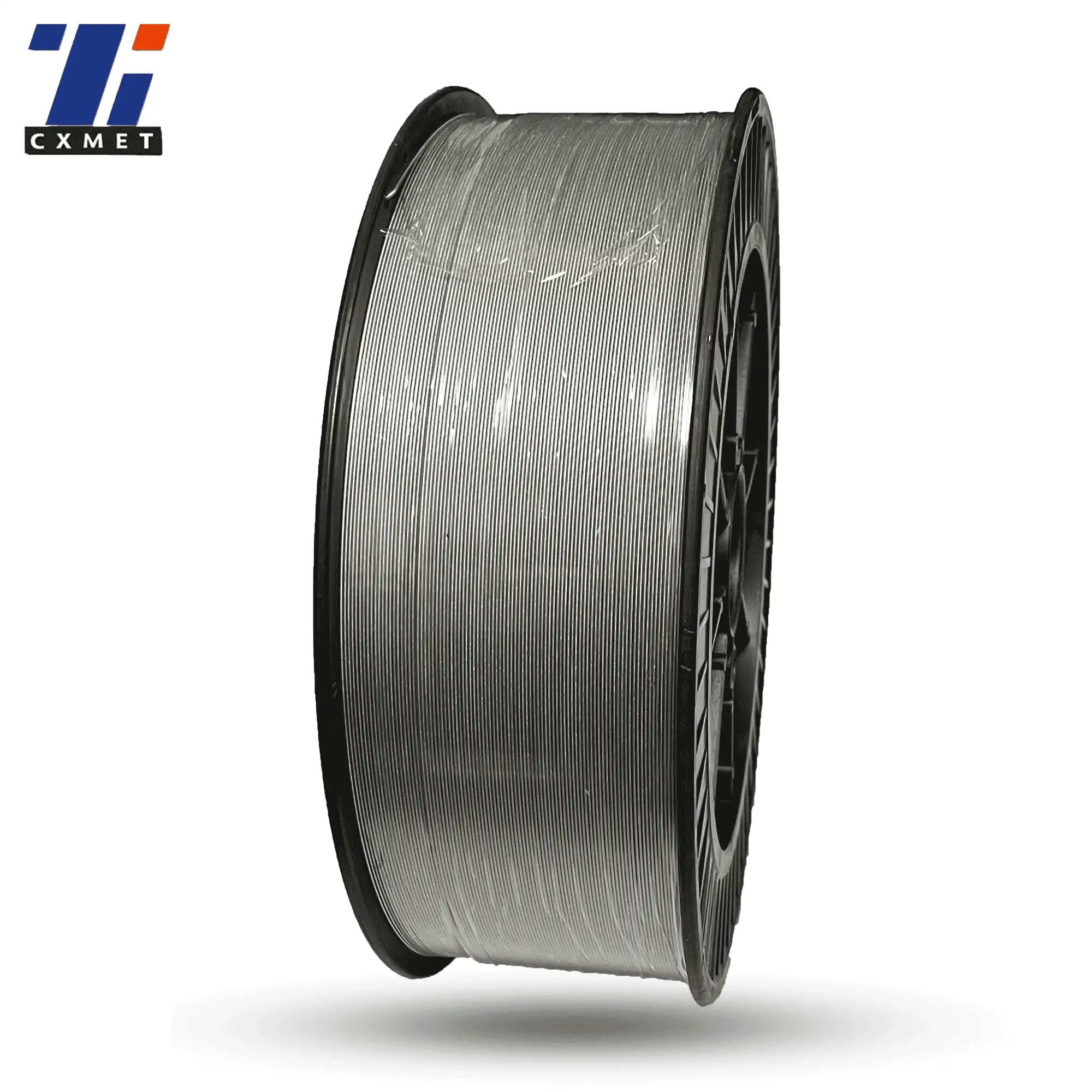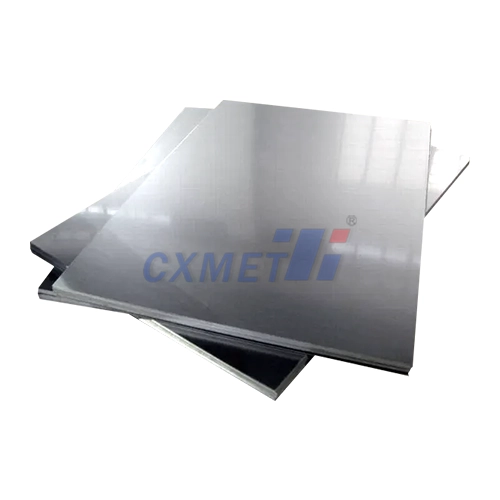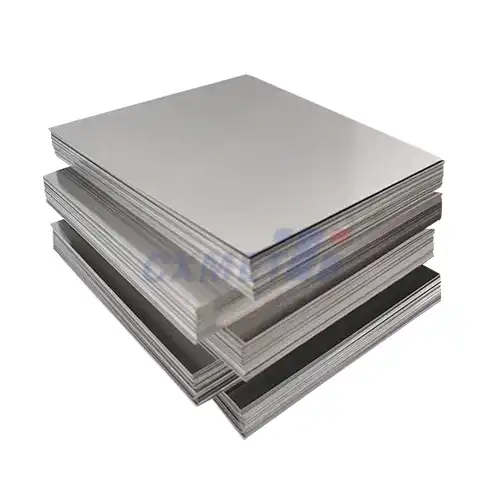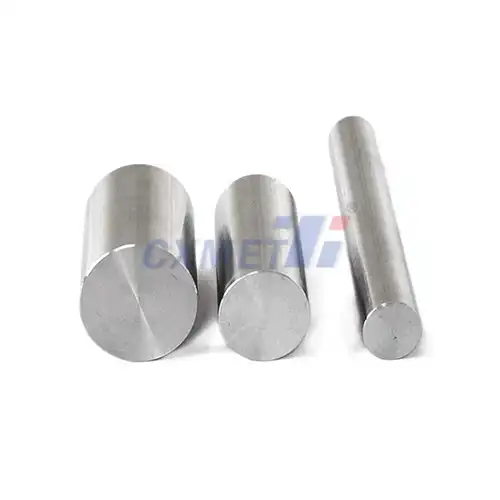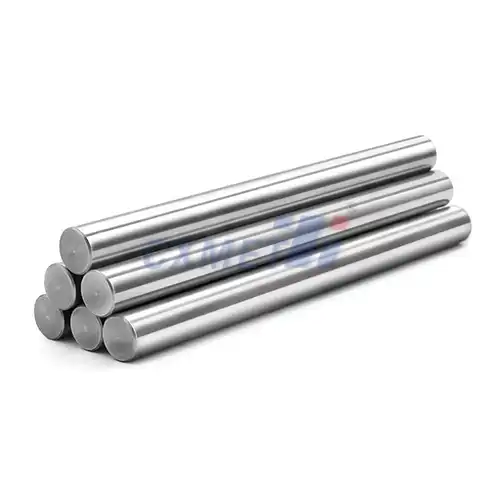- English
- French
- German
- Portuguese
- Spanish
- Russian
- Japanese
- Korean
- Arabic
- Greek
- German
- Turkish
- Italian
- Danish
- Romanian
- Indonesian
- Czech
- Afrikaans
- Swedish
- Polish
- Basque
- Catalan
- Esperanto
- Hindi
- Lao
- Albanian
- Amharic
- Armenian
- Azerbaijani
- Belarusian
- Bengali
- Bosnian
- Bulgarian
- Cebuano
- Chichewa
- Corsican
- Croatian
- Dutch
- Estonian
- Filipino
- Finnish
- Frisian
- Galician
- Georgian
- Gujarati
- Haitian
- Hausa
- Hawaiian
- Hebrew
- Hmong
- Hungarian
- Icelandic
- Igbo
- Javanese
- Kannada
- Kazakh
- Khmer
- Kurdish
- Kyrgyz
- Latin
- Latvian
- Lithuanian
- Luxembou..
- Macedonian
- Malagasy
- Malay
- Malayalam
- Maltese
- Maori
- Marathi
- Mongolian
- Burmese
- Nepali
- Norwegian
- Pashto
- Persian
- Punjabi
- Serbian
- Sesotho
- Sinhala
- Slovak
- Slovenian
- Somali
- Samoan
- Scots Gaelic
- Shona
- Sindhi
- Sundanese
- Swahili
- Tajik
- Tamil
- Telugu
- Thai
- Ukrainian
- Urdu
- Uzbek
- Vietnamese
- Welsh
- Xhosa
- Yiddish
- Yoruba
- Zulu
What are the Typical Applications of ASTM B861 Titanium Tubes?
2024-10-08 17:58:52
ASTM B861 Titanium Tubes are high-performance components widely used in various industries due to their exceptional properties. These tubes, made from titanium and its alloys, offer an excellent combination of strength, corrosion resistance, and lightweight characteristics. As a result, they find applications in demanding environments where traditional materials may fall short. This blog post will explore the typical applications of ASTM B861 Titanium Tubes and answer some frequently asked questions about their use in different industries.
What are the advantages of using ASTM B861 Titanium Tubes in aerospace applications?
ASTM B861 Titanium Tubes have become indispensable in the aerospace industry, revolutionizing aircraft design and performance. The primary advantages of using these tubes in aerospace applications stem from their unique combination of properties that address the specific challenges faced in aviation.
One of the most significant benefits is the exceptional strength-to-weight ratio of titanium. Aircraft manufacturers are constantly striving to reduce the overall weight of their planes to improve fuel efficiency and increase payload capacity. ASTM B861 Titanium Tubes offer a solution by providing the necessary strength and durability while being significantly lighter than traditional materials like steel. This weight reduction translates directly into fuel savings and improved aircraft performance.
Corrosion resistance is another crucial advantage of ASTM B861 Titanium Tubes in aerospace applications. Aircraft are exposed to a wide range of environmental conditions, including moisture, salt air, and extreme temperatures. Titanium's natural ability to form a protective oxide layer on its surface makes it highly resistant to corrosion, even in these harsh environments. This property ensures the longevity of aircraft components and reduces maintenance requirements, ultimately leading to cost savings for airlines and operators.
The high strength of ASTM B861 Titanium Tubes allows for the design of thinner-walled components without compromising structural integrity. This characteristic is particularly valuable in aircraft hydraulic and pneumatic systems, where space and weight savings are critical. Titanium tubes can withstand high pressures and temperatures, making them ideal for use in engine components, fuel systems, and other critical aircraft systems.
Furthermore, titanium's excellent fatigue resistance contributes to the overall safety and reliability of aircraft. The ability to withstand repeated stress cycles without failure is crucial in aviation, where components are subjected to constant vibrations and cyclic loading. ASTM B861 Titanium Tubes maintain their structural integrity over long periods, reducing the risk of material fatigue and ensuring the safety of passengers and crew.
The aerospace industry also benefits from the thermal properties of titanium. With a lower coefficient of thermal expansion compared to many other metals, ASTM B861 Titanium Tubes maintain their dimensional stability across a wide range of temperatures. This property is particularly important in supersonic aircraft and space applications, where extreme temperature variations are common.
In addition to these advantages, the biocompatibility of titanium makes ASTM B861 Titanium Tubes suitable for use in aircraft oxygen systems. The material does not react with oxygen or contaminate the air supply, ensuring the safety and purity of the breathing air for passengers and crew.
How do ASTM B861 Titanium Tubes enhance performance in chemical processing industries?
ASTM B861 Titanium Tubes have found extensive use in chemical processing industries due to their exceptional resistance to corrosion and ability to withstand harsh chemical environments. The unique properties of titanium make these tubes an ideal choice for a wide range of applications in this sector, significantly enhancing performance and reliability.
One of the primary advantages of using ASTM B861 Titanium Tubes in chemical processing is their outstanding corrosion resistance. Titanium forms a stable, protective oxide layer on its surface when exposed to oxygen, providing excellent resistance to a wide range of corrosive chemicals, including chlorides, sulfuric acid, and organic compounds. This resistance allows titanium tubes to be used in applications where other materials would quickly deteriorate, such as in heat exchangers, reactors, and distillation columns.
The superior corrosion resistance of ASTM B861 Titanium Tubes translates into longer equipment life and reduced maintenance requirements. In chemical processing plants, downtime for equipment repair or replacement can be extremely costly. By using titanium tubes, companies can significantly extend the lifespan of their equipment, reduce the frequency of maintenance shutdowns, and minimize the risk of unexpected failures due to corrosion.
Another key benefit of ASTM B861 Titanium Tubes in chemical processing is their excellent heat transfer properties. Titanium has a thermal conductivity that is higher than stainless steel, making it an efficient material for heat exchange applications. This property, combined with the ability to use thinner-walled tubes due to titanium's strength, results in more efficient heat transfer and smaller, lighter heat exchangers. Improved heat transfer efficiency can lead to energy savings and increased process productivity.
The strength and durability of ASTM B861 Titanium Tubes also contribute to their performance in chemical processing industries. These tubes can withstand high pressures and temperatures, making them suitable for use in demanding process conditions. The ability to maintain structural integrity under extreme conditions ensures the safety and reliability of chemical processing equipment, reducing the risk of leaks or failures that could lead to environmental hazards or production losses.
Titanium's resistance to erosion-corrosion is another factor that enhances its performance in chemical processing applications. In processes involving high-velocity fluids or slurries, many materials can experience rapid wear due to the combined effects of erosion and corrosion. ASTM B861 Titanium Tubes, however, exhibit excellent resistance to this type of damage, making them ideal for use in pumps, valves, and piping systems handling abrasive or high-velocity fluids.
The low reactivity of titanium with many chemicals also makes ASTM B861 Titanium Tubes an excellent choice for applications where product purity is critical. In pharmaceutical and food processing industries, for example, titanium tubes can be used without risk of contaminating the product or altering its chemical composition. This property ensures the integrity of the final product and helps companies meet stringent quality and regulatory requirements.
Furthermore, the lightweight nature of titanium compared to other corrosion-resistant materials like stainless steel or nickel alloys offers additional benefits in chemical processing plants. Lighter equipment is easier to install, maintain, and transport, potentially reducing construction and maintenance costs. The weight savings can also be significant in offshore or remote installations where structural load limits may be a concern.
What makes ASTM B861 Titanium Tubes ideal for marine and offshore applications?
ASTM B861 Titanium Tubes have emerged as a preferred material in marine and offshore applications due to their unique combination of properties that address the specific challenges faced in these harsh environments. The extreme conditions encountered in marine and offshore settings, including exposure to saltwater, high pressures, and corrosive chemicals, demand materials that can maintain their integrity and performance over extended periods.
One of the primary reasons ASTM B861 Titanium Tubes are ideal for marine and offshore applications is their exceptional resistance to seawater corrosion. Titanium's ability to form a stable, protective oxide layer makes it virtually immune to corrosion in marine environments. This resistance extends to pitting, crevice corrosion, and stress corrosion cracking, which are common problems with other materials in seawater. As a result, titanium tubes can be used in a wide range of marine applications, from heat exchangers in desalination plants to piping systems in offshore oil and gas platforms, without the need for additional corrosion protection measures.
The durability of ASTM B861 Titanium Tubes in marine environments translates into significant long-term cost savings. While the initial cost of titanium may be higher than some alternative materials, its extended lifespan and reduced maintenance requirements often result in a lower total cost of ownership. In offshore applications, where maintenance and replacement activities are logistically challenging and expensive, the use of titanium tubes can significantly reduce operational costs and downtime.
Another key advantage of ASTM B861 Titanium Tubes in marine and offshore applications is their high strength-to-weight ratio. In offshore structures where weight is a critical factor, the use of titanium can lead to substantial weight savings compared to traditional materials like steel or copper-nickel alloys. This weight reduction can be particularly beneficial in floating platforms, subsea equipment, and deep-water applications, where every kilogram matters. Lighter components can lead to reduced structural requirements, easier installation, and improved overall system performance.
The excellent fatigue resistance of titanium is another property that makes ASTM B861 Titanium Tubes ideal for marine and offshore use. In applications subject to cyclic loading, such as risers and tension leg platform tethers, titanium's ability to withstand repeated stress cycles without failure ensures long-term reliability and safety. This characteristic is crucial in offshore environments where component failure can have severe consequences in terms of safety, environmental impact, and economic losses.
ASTM B861 Titanium Tubes also offer superior performance in high-pressure applications, which are common in deep-sea environments. The high strength of titanium allows for the design of thin-walled tubes that can withstand extreme pressures without compromising on weight or durability. This property is particularly valuable in subsea production systems, where equipment must operate reliably at great depths and under high hydrostatic pressures.
The biofilm resistance of titanium is another factor that contributes to its suitability for marine applications. In seawater environments, the growth of marine organisms on surfaces (biofouling) can be a significant problem, leading to reduced efficiency and increased maintenance requirements. Titanium's surface properties make it less susceptible to biofouling compared to many other materials, reducing the need for frequent cleaning and maintenance of marine equipment.
In conclusion, ASTM B861 Titanium Tubes have proven to be invaluable in a wide range of applications across aerospace, chemical processing, and marine industries. Their unique combination of properties, including high strength-to-weight ratio, exceptional corrosion resistance, and durability in extreme environments, makes them an ideal choice for demanding applications where performance and reliability are critical. As industries continue to push the boundaries of material performance, ASTM B861 Titanium Tubes are likely to play an increasingly important role in enabling new technologies and improving existing systems across these sectors.
At SHAANXI CXMET TECHNOLOGY CO., LTD, we take pride in our extensive product range, which caters to diverse customer needs. Our company is equipped with outstanding production and processing capabilities, ensuring the high quality and precision of our products. We are committed to innovation and continuously strive to develop new products, keeping us at the forefront of our industry. With leading technological development capabilities, we are able to adapt and evolve in a rapidly changing market. Furthermore, we offer customized solutions to meet the specific requirements of our clients. If you are interested in our products or wish to learn more about the intricate details of our offerings, please do not hesitate to contact us at sales@cxmet.com. Our team is always ready to assist you.
References:
1. ASTM International. (2023). ASTM B861 - Standard Specification for Titanium and Titanium Alloy Seamless Pipe.
2. Aerospace Manufacturing and Design. (2022). Titanium in Aerospace Applications.
3. Chemical Engineering Magazine. (2023). Advancements in Materials for Chemical Processing Equipment.
4. Offshore Technology. (2023). The Role of Titanium in Offshore Oil and Gas Production.
5. Journal of Materials Engineering and Performance. (2022). Corrosion Behavior of Titanium Alloys in Marine Environments.
6. International Journal of Chemical Engineering. (2023). Heat Transfer Enhancement Using Titanium Tubes in Process Industries.
7. Titanium Today Magazine. (2023). Innovations in Titanium Tubing for Aerospace Applications.
8. Corrosion Science Journal. (2022). Long-term Performance of Titanium Alloys in Seawater Environments.
9. Materials Performance Magazine. (2023). Cost-Benefit Analysis of Titanium Use in Chemical Processing Equipment.
10. Journal of Offshore Mechanics and Arctic Engineering. (2022). Fatigue Performance of Titanium Alloys in Offshore Structures.
